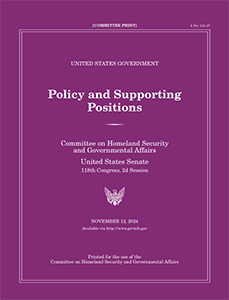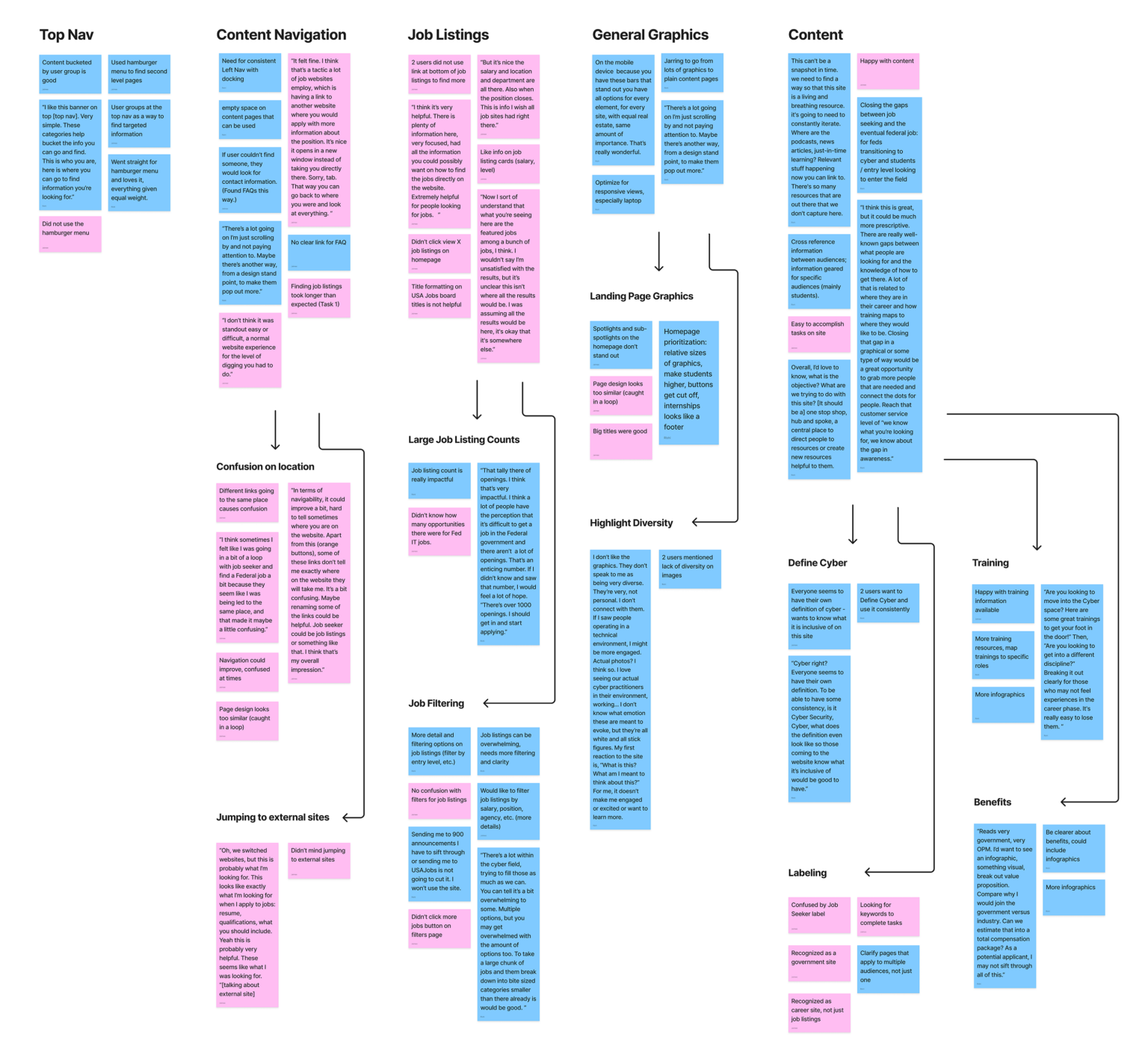User Interface
UI Designer

Redesigning a public reporting tool (Plum Reporting) and its internal dashboard (ESCS) to improve data access and management for U.S. federal employees.
 The Problem
The ProblemThe U.S. Office of Personnel Management (OPM) Employee Services (ES) team asked the OPM Web Team to bring the Plum Book online — a public-facing list of key political appointees and Senior Executive Service (SES) roles. We launched Plum Reporting to give users faster access to this data.
After rollout, ES asked us to revamp the Executive and Schedule C System (ESCS) Dashboard — an internal tool for managing SES and Schedule C employee records. This dashboard also tracks metrics, to-dos, and action items. The old system’s user flow and interface was slow and clunky, and staff struggled to complete daily tasks.
I worked with UX designers, developers, data owners, policy experts, and security teams. I led the design effort, driving research, architecture, wireframes, and UI, while partnering with stakeholders to align goals, user needs, and technical limits.
I navigated legacy systems, strict federal accessibility (Section 508) requirements, data security rules, and input from multiple stakeholders due to the projects’ high visibility. I balanced public transparency with sensitive internal management needs.
We interviewed 9 internal staff members and surveyed public users to understand how they searched Plum Book data, what confused them, and what tasks slowed them down. We used a structured interview script (shown right) to ensure consistency across sessions.
# Conversation for ESCS Dashboard
Main Questions:
· What do the current users use the ESCS Dashboard for? (Also how?)
· Which information from the ESCS Dashboard users find useful?
· Which snippets of information should we show on the homepage of ESCS Dashboard?
## Moderator logistics
*Use Teams for real-time feedback from observers.*
*In Teams, check the Attendees section to make sure everyone except the participant is on mute.*
*When the participant is ready, begin the session with the following intro*
## Intro - 2 minute
Thanks for joining us today! My name is Mok-Yi and I also have some colleagues on the line observing and taking notes. Today we're going to talk about OPM's ESCS Dashboard website. Before we begin, I have some information for you, and I’m going to read it to make sure that I cover everything.
First, please confirm the following statement of consent: "By participating in this session, I give my permission to OPM, or an OPM representative, to take written notes of statements I make during the session."
We are currently working on re-designing the homepage of ESCS Dashboard, we want to put the most useful information and features on the homepage, so the program offices could have a good idea of their Statues at a glance, without having to try to find them on different parts of the site.
If you have any questions as we go along, please ask them. This session is about understanding the Dashboard and brainstorming, so a quick discussion for a better understanding is welcomed.
Also, please don’t worry that you’re going to hurt our feelings. We’re doing this to improve the site, so we need to hear your honest feedbacks.
## Warm up questions - 3 minutes
Before we look at the site and mockup, I’d like to ask you just two quick questions.
· First, how long have you been working with the federal government?
· How long have you worked with the ESCS Dashboard?
OK, great. Let's start looking at things.
***Share screen the current ESCS Dashboard website***
## What does a user currently do in ESCS Dashboard? - 10 minutes
· First, can you please tell me what you use the ESCS Dashboard for?
· How often do you find yourself performing each of those tasks?
· As a ESCS Dashboard user, which pieces of information from this system is most important to you?
· How do you currently track the statuses? Do you login to check, or is there email notification?
***Share screen the ESCS Dashboard mockup***
## Useful information for user? - 10 minutes
· As a ESCS Dashboard user, what information would you find useful on this homepage? (this is a similar question from last set, but good to confirm in a different way)
· Would having past data, or showing trend, be useful?
· Are there features on the current Dashboard that you use, and think would be useful to have as a direct link on the homepage?
## Post-Task Interview - 4 minutes
· Now that we've finished the interview, any general impressions or feedback about the ESCS Dashboard that you'd like to share?
· Any questions for me?
· If you’ll excuse me for a minute, I’m just going to see if the people on the team have any follow-up questions they’d like me to ask you.” ***Check Teams
## Thank-You and Closing - 1 minute
We really appreciate you taking the time to share your thoughts with us today, that was very helpful. May we follow-up with you if we have more ESCS Dashboard related questions?
Thanks and enjoy the rest of your day!
We ran card sorts to rebuild content categories and filters. We used a similar card sorting approach as shown below (from a related project) to rebuild content categories and filters for Plum Reporting and ESCS Dashboard.

I built these wireframes (first draft shown below) from card sorting insights and ran user tests to confirm design choices before moving to high-fidelity mockups.
I designed the final UI mockups, focusing on usability, accessibility, and brand alignment. For Plum Reporting, I worked within OPM’s dated design standards but introduced small improvements where possible. For the ESCS Dashboard, I had more visual freedom and added cues to guide attention and reduce task overload.
We saw positive user test feedback, enthusiastic stakeholder approval, and faster public data access. After launch, public feedback highlighted how users appreciated having all the data centralized in one place, improving transparency and reducing the need to search across multiple sites. The project also drew positive media attention, with Federal News Network noting its impact on public accountability.
"A modernized Plum Book designed to bring more transparency and accountability into government.”
Drew Friedman @ Federal News Network
"Perfect timing! Was just discussing with colleagues how difficult it is to find this data in one place. Transparency win.”
Athul Nambiar @ X
As the project neared completion, it gained visibility, and new stakeholders introduced additional requirements. Thanks to strong project management and engaged product owners from ES, we kept the project mostly on schedule and centered on user needs. In hindsight, I would explore alternative user flows and interface approaches. But in a complex, multi-stakeholder project, especially one shaped by legal requirements, evolution is part of the process. Our team adapted quickly as new needs emerged, and I’m proud of how we balanced flexibility with focus.